Omega acids
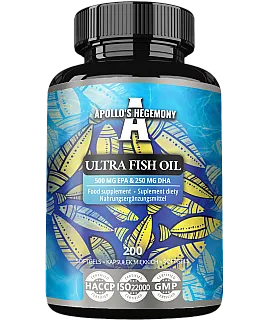



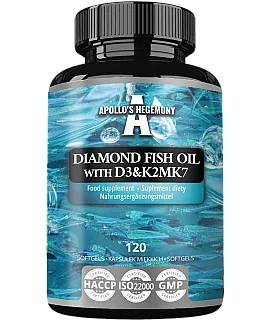
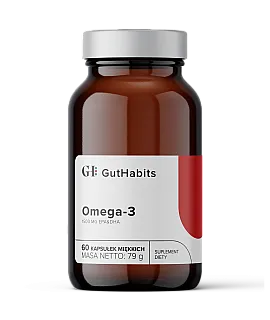
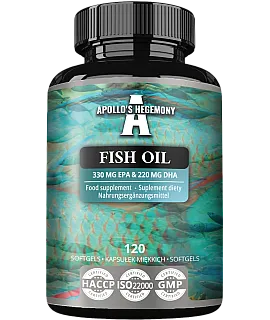
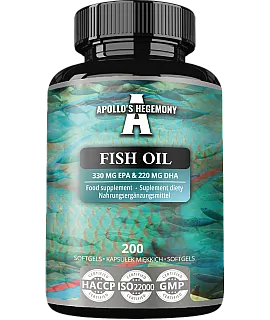

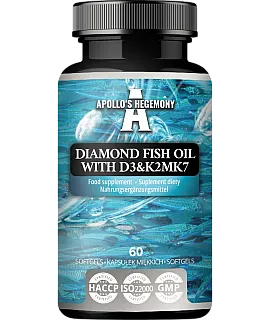

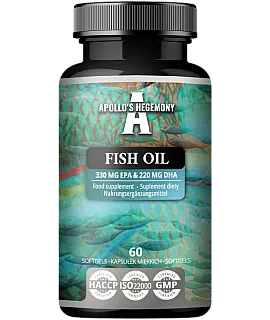






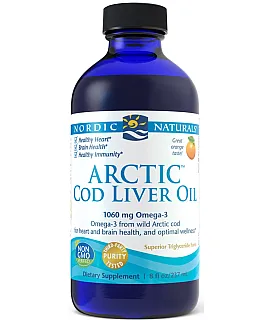

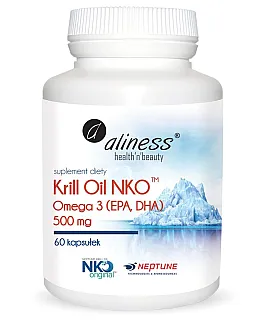




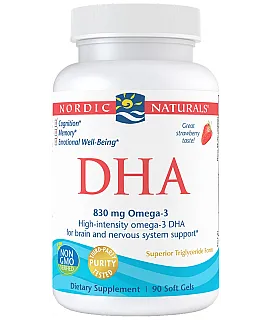



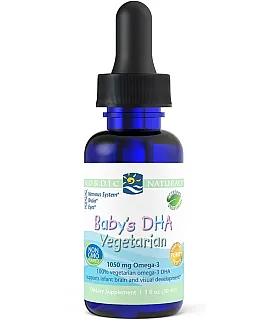
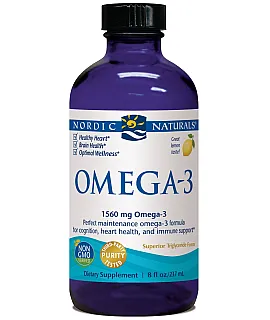

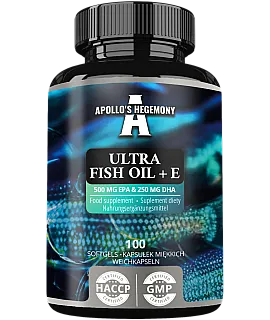

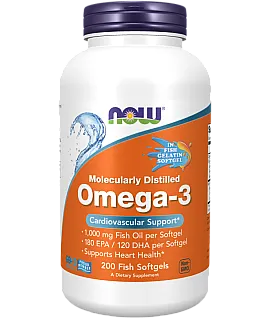
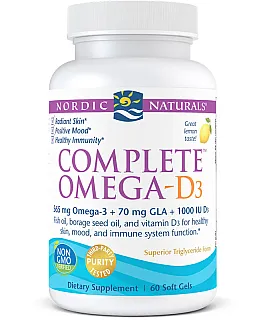
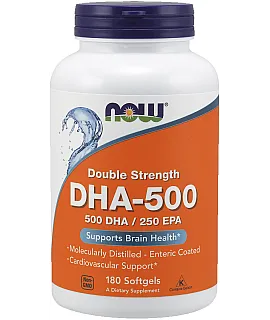
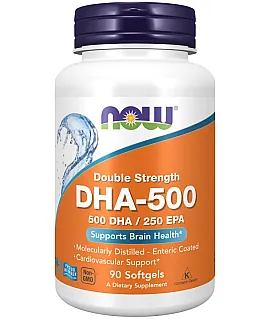
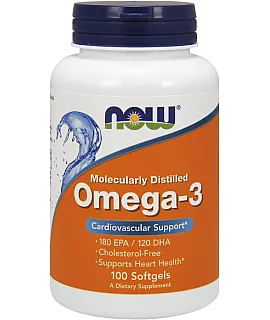

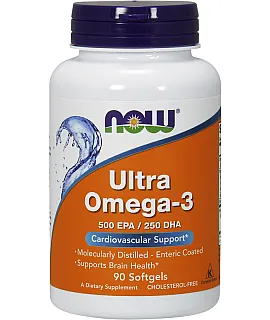

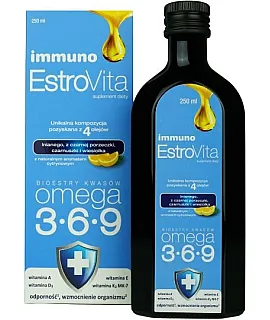

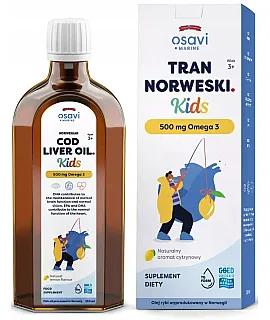

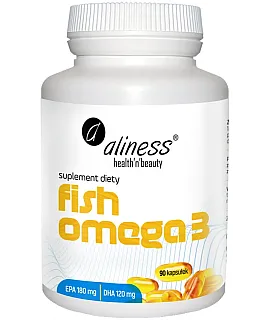









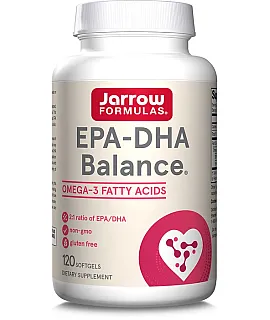
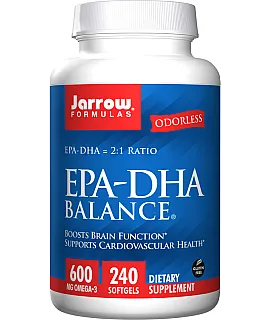
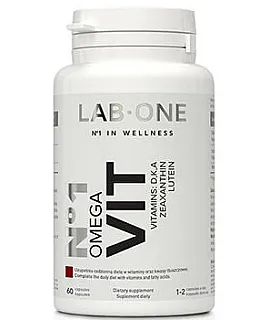
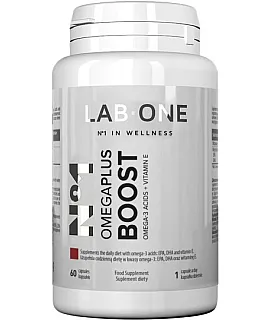
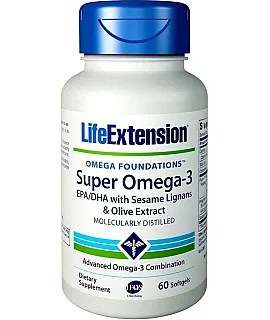
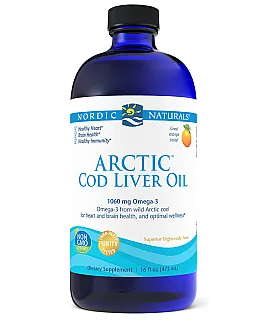
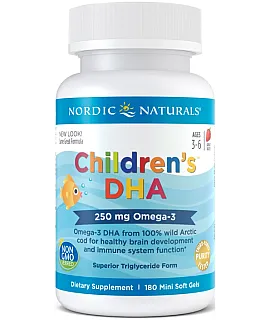
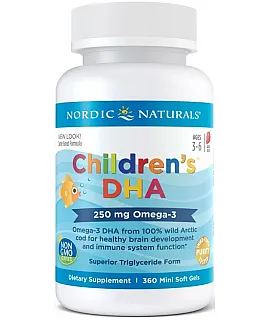
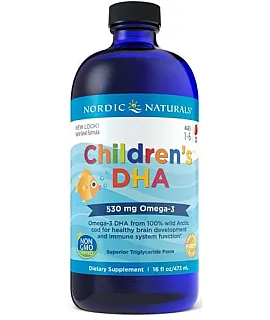
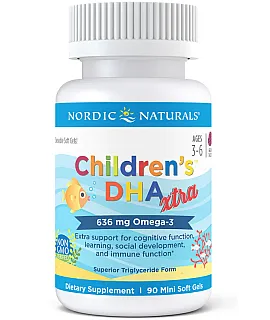
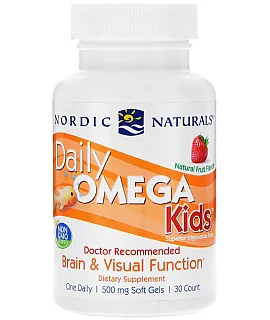
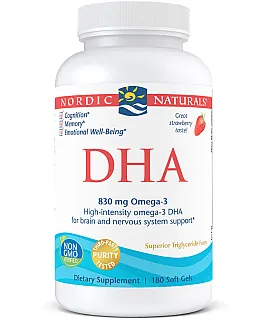
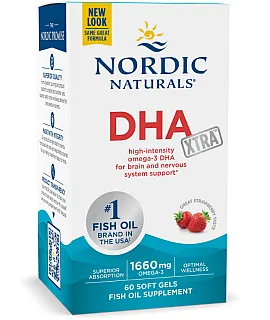

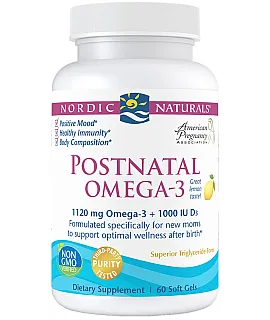
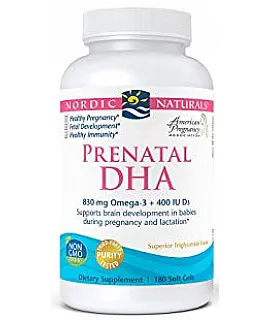
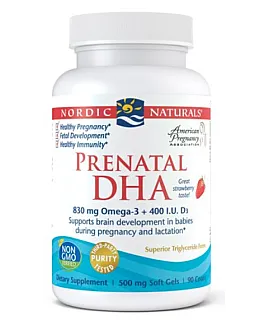
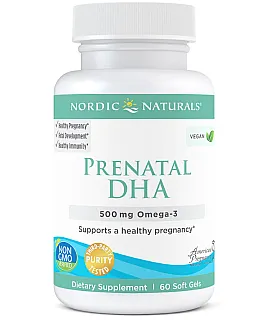
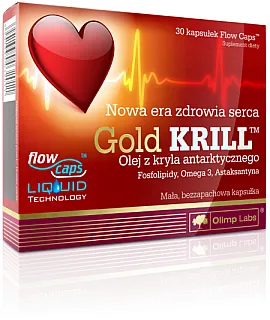


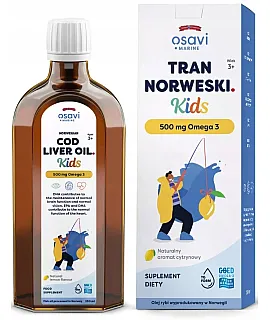






Omega acids are a group of unsaturated fatty acids that are essential for the proper functioning of the body. Among them, omega-3 fatty acids such as eicosapentaenoic acid (EPA) and docosahexaenoic acid (DHA) are particularly important. Unfortunately, the human body is unable to produce them on its own, so they must be supplied with food or in the form of dietary supplements.Read more
Why reach for omega-3 supplements?
Regular consumption of omega-3 fatty acids is extremely important for the proper functioning of the entire body. They contribute to maintaining a healthy heart and cardiovascular system, support brain function and help maintain proper vision. Unfortunately, the modern diet often does not provide enough of these valuable components, so it is worth considering supplementation.
Omega-3 supplements are a convenient and effective way to supplement fatty acid deficiencies in the body. They are available in the form of capsules, which can be easily incorporated into the daily diet. However, it is worth remembering to choose high-quality products that contain adequate doses of EPA and DHA.
The recommended daily allowance of omega-3 fatty acids is usually between 250 and 2,000 mg of EPA and DHA. However, the exact dosage should be consulted with a doctor or pharmacist, as the need may vary depending on the individual needs of the body. Do not exceed the amount of 5 grams per day, unless recommended by your doctor.
Natural sources of omega-3 fatty acids
Omega-3 fatty acids occur naturally in some foods, mainly fatty marine fish such as salmon, mackerel and sardines. Other sources include vegetable oils (such as flaxseed oil), walnuts and flaxseed. It is worth including these products in your diet to ensure that your body has an adequate supply of essential fatty acids.
However, it should be remembered that even when consuming fish and other products rich in omega-3 fatty acids, the amount may be insufficient. Therefore, supplementation is often recommended to supplement a varied diet. It is especially important for people who do not regularly eat fish or follow elimination diets.
Before starting supplementation, it is a good idea to consult a doctor or pharmacist to choose the right formula and dosage. Some people, such as those taking anticoagulant medications, should be especially careful when taking omega-3 supplements because of potential interactions.
Types of omega-3 supplements
There are many different omega-3 supplements on the market, which vary in composition and dosage. The most popular are preparations containing fish oil, which is a rich source of EPA and DHA. They are available in capsule or liquid form.
Another type of supplements are preparations containing alpha-linolenic acid (ALA), which is a precursor to EPA and DHA. The body can convert ALA into these acids, but the process is inefficient. Therefore, supplements containing EPA and DHA are considered more effective than those based on ALA.
When choosing a supplement, it is worth paying attention to its composition and quality. It is important that the formulation contains adequate doses of EPA and DHA and is free of contaminants. Supplements that undergo additional purification processes, such as molecular distillation, are a good choice.
For whom is supplementation with omega-3 fatty acids particularly important?
Supplementation with omega-3 fatty acids can benefit everyone, but certain groups of people should pay special attention to it. These include people with heart disease, lipid disorders, or diabetes, among others. Omega-3 fatty acids can also support brain and nervous system function, so their supplementation is often recommended for elderly people with memory and concentration problems.
Omega-3 fatty acids are also extremely important for pregnant and breastfeeding women. An adequate supply of DHA is essential for the proper development of the baby's brain and eyes. Supplementation with omega-3 fatty acids can also help maintain the health of the nervous system.
It is worth remembering that the need for omega-3 fatty acids can vary depending on age, gender, health and lifestyle. That's why it's always a good idea to consult a doctor or pharmacist for the right supplement and dosage.
How to choose the right omega-3 supplement?
When choosing an omega-3 supplement, there are several important factors to consider. First of all, pay attention to the content of EPA and DHA in a single capsule or serving. The recommended daily intake of these acids is about 250-2000 mg, so it is worth choosing a preparation that will allow you to easily reach this dose.
The form in which the omega-3 acids occur is also important.The best absorbed are acids in the form of triglycerides, so it is worth looking for supplements containing fish oil in this form. Preparations containing free fatty acids, which are also characterized by high bioavailability, are also a good choice.
The quality and purity of the preparation is also important. Omega-3 supplements should be free of contaminants such as heavy metals or dioxins. It is worth choosing products from reputable manufacturers that undergo rigorous quality control. Supplements that undergo additional purification processes, such as molecular distillation, are also a good choice.
Key supplementation considerations:
- Omega-3 fatty acids, especially EPA and DHA, are essential for the proper functioning of the body.
- The modern diet often does not provide enough omega-3 fatty acids, so it is worth considering supplementation.
- Natural sources of omega-3 fatty acids include oily sea fish, vegetable oils, walnuts and flaxseed.
- Omega-3 supplements are available in various forms, including as capsules containing fish oil rich in EPA and DHA.
- Supplementation with omega-3 fatty acids is especially important for people with heart disease, pregnant and breastfeeding women, and the elderly.
- When choosing a supplement, it is worth paying attention to the content of EPA and DHA, the form of omega-3 acids, and the quality and purity of the preparation.